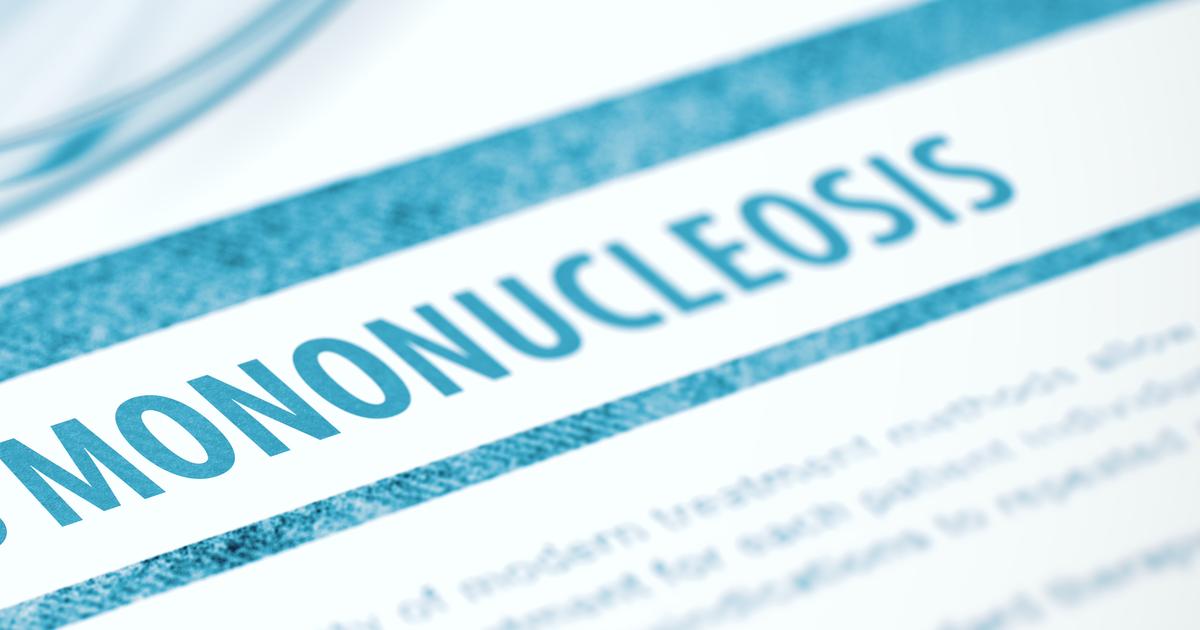What Causes Petechiae?
Mononucleosis

Mononucleosis is a condition triggered by the Epstein-Barr virus. Also known as glandular fever, patients with this illness might initially be misdiagnosed with strep throat, as both conditions have many of the same symptoms. Some of the most common mononucleosis symptoms include fatigue, fever, swollen lymph nodes, swollen tonsils, a skin rash, and a sore throat. Some patients with mononucleosis may also have a swollen spleen. For many patients, the fatigue caused by this condition is severe enough that it is necessary to take several weeks off of work or school. To diagnose this condition, doctors will check the patient's spleen, lymph nodes, and throat, and they will need to perform blood tests to confirm the diagnosis.
Since antibiotics are not effective against viruses, recommended treatments for mononucleosis generally consist of getting sufficient rest, staying hydrated, and taking over-the-counter pain relievers for any fevers or sore throats. Antibiotics will be given to patients with this condition who have a secondary infection such as strep throat, sinus infections, or tonsil infections. Patients may need two or three months to make a complete recovery from mononucleosis. During this time, physicians routinely advise patients to avoid heavy lifting and playing contact sports; these precautions are necessary to prevent a potential rupture of the spleen.
Get the details regarding a condition related to inflammation that can result in petechiae now.